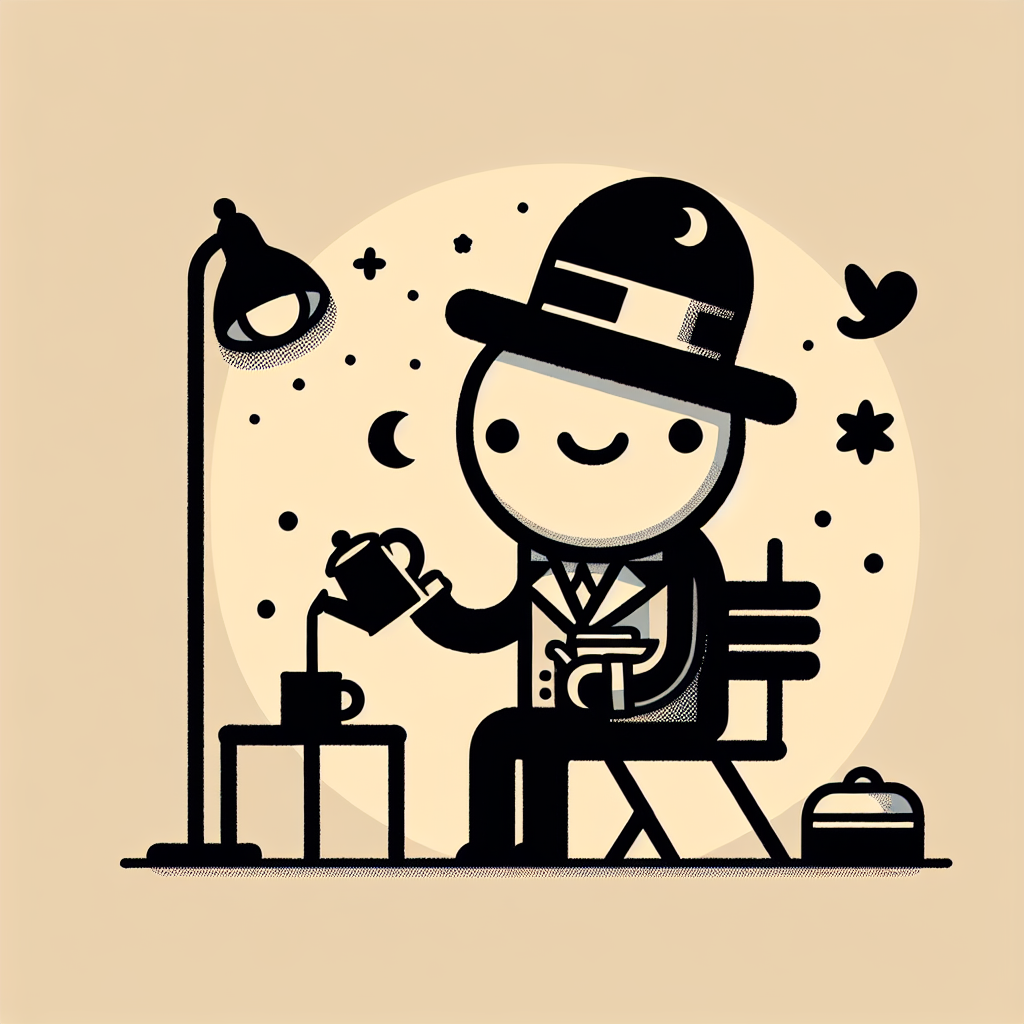Uncover the Meaning of Enervate: Meaning and Impact

Picture this: you’re sitting in the middle of a bustling café, the chatter of friends harmonizing with the clinking of coffee cups. Suddenly, you feel a wave of tiredness sweep over you, almost as if someone turned off the lights in your mind. In a world where energy is synonymous with opportunity, there’s a compelling word that captures this overwhelming sensation of loss: ‘enervate’. The meaning of enervate is to weaken, drain, or diminish one’s vibrancy in a multitude of ways, be it physically, mentally, or emotionally. In this blog post, we’ll dive deep into the nuances of this fascinating term, exploring its origins, evolution, and relevance in our fast-paced world.
Enervate and You: Fun Facts for the Curious
Have you ever stumbled over the pronunciation of ‘enervate’? Here’s a nifty tidbit: it’s pronounced ‘EN-er-vate,’ which flows much smoother than it looks! This alluring little gem of a word has an intriguing backstory. Did you know it comes from the Latin verb ‘enervare’? It carries the weight of history like a backpack filled with thought-provoking concepts ready to be discovered. This reflects not just its linguistic journey, but also reveals our understanding of weakness. Who knew vocabulary could be so empowering?
Myths and Misunderstandings: Unmasking Enervation
Is ‘enervate’ merely a medical term? Have you ever thought this? It’s tempting to confine this rich word to physical weakness, but its application goes much deeper. Imagine a draining week at work that leaves you feeling mentally and emotionally exhausted—your spirit might feel enervated even if your body is perfectly capable. Embracing this term enriches our understanding of being worn down, reminding us that fatigue is not merely a matter of muscle fatigue; it resonates deep within our very essence.
The Sordid Past of ‘Enervate’
Tracing the roots of ‘enervate’ takes us on a historical journey, back to the Latin ‘enervare,’ which means ‘to weaken’ or ‘to deprive of strength.’ This word is derived from ‘nervus,’ signifying ‘nerve’ or ‘sinew.’ This connection poignantly showcases physicality; when sinew weakens, our strength is compromised—the very essence of resilience. The word transitioned into Old French before finding its place in Middle English by the late 15th century, highlighting its widespread acceptance and enhancing our appreciation for this essential term.
Weaving Through the Ages: Evolution of Enervation
As society evolves, so do words, and ‘enervate’ is no exception. Originally rooted in physicality, by the 19th century, it began to integrate into emotional and psychological discussions. Increased societal awareness of mental health allowed ‘enervate’ to expand from describing muscle weakness to articulating emotional exhaustion. Such an evolution is crucial for writers today, as it offers a nuanced toolkit for capturing the complexities of human experience. Can you think of a character in literature who feels utterly enervated after a series of setbacks?
A Contemporary Look at Linguistic Resilience
In today’s language, ‘enervate’ is prevalent in both literary and academic discussions. It strikes a balance of gravity and elegance, becoming a favored choice for discussions around vitality and energy depletion. Authors often seize upon this word to depict individuals who feel drained under life’s pressures. Whether due to neglect or overwhelming responsibilities, the use of ‘enervate’ conveys vulnerability and poignancy in narratives. Isn’t it fascinating how a word focused on weakness can amplify the emotional resonance of storytelling?
Slaying Stereotypes: Common Misuses of Enervate
Although ‘enervate’ commands respect within literary circles, you might notice a tendency to avoid it in everyday conversations, opting instead for simpler alternatives like ‘weaken’ or ‘exhaust.’ Yet, using ‘enervate’ in casual dialogue can elevate the discussion and showcase your linguistic flair. Next time your friends ask about your day, instead of casually saying you were ‘exhausted,’ why not try: ‘I felt completely enervated after my long day’? This slight change can spark curiosity and raise some eyebrows!
Creating Echoes: Enervate in Poetry and Rhetoric
‘Enervate’ shines not only in novels and academic writing; it also weaves an enchanting framework in poetry and rhetoric. Poets might invoke this term to paint vivid images of life stripped of its vibrancy. Imagine a once-vibrant garden suffering from a drought, where every wilting flower aches under the relentless sun, this deeply resonates with the feelings of enervation. In philosophical discussions, ‘enervate’ can drive home profound messages about moral decay within society, encapsulating themes of political apathy or bureaucratic lethargy. What vivid images or reflective discussions cross your mind that ‘enervate’ could enhance?
Embrace the Power of Enervate
Ultimately, ‘enervate’ is more than just a pretentious term; it’s a powerful linguistic tool for writers and speakers alike. Its ability to illustrate both physical and emotional depletion adds depth and resonance to narratives. The evolution of this word mirrors society’s changing views on mental health, embedding layers of meaning into our understanding of weakness. Picture this: using ‘enervate’ can help you reflect on struggles faced—both personally and in others—enriching the emotional landscape of your prose.
In conclusion, the allure of ‘enervate’ lies not merely in its definition, but in its capacity to forge rich connections between language and experience. Whether it finds a home in academic, literary, or conversational settings, this term continually resonates with the essence of our human experience. Do we feel enervated under life’s pressures? Absolutely. Understanding this word empowers us to articulate that feeling, granting ‘enervate’ its rightful place in our conversations. Let it inspire you to delve into the depths of human emotion and experience, for there’s an undeniable strength in expressing vulnerability.
For further reading, see the below useful links:
